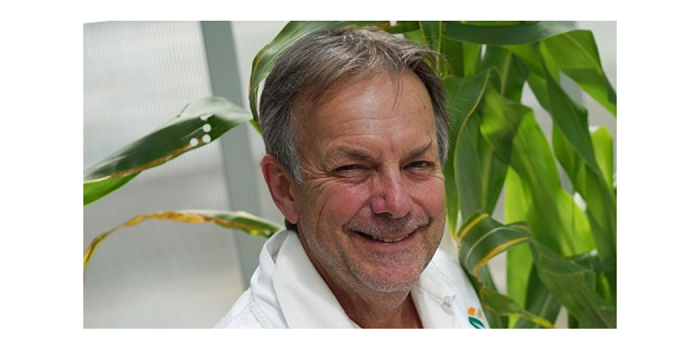
Interview with Bob Furbank on "Turbocharging Crops"
Blog, Research0 Comments
/
The Science Show on Radio National, Australia, interviewed Robert Furbank, Director of the ARC Centre of Excellence for Translational Photosynthesis, Australian National University, on efforts to engineer C4 photosynthesis into rice.
http://www.abc.net.au/radionational/programs/scienceshow/turbo-charging-crops-to-feed-the-billions/8541396
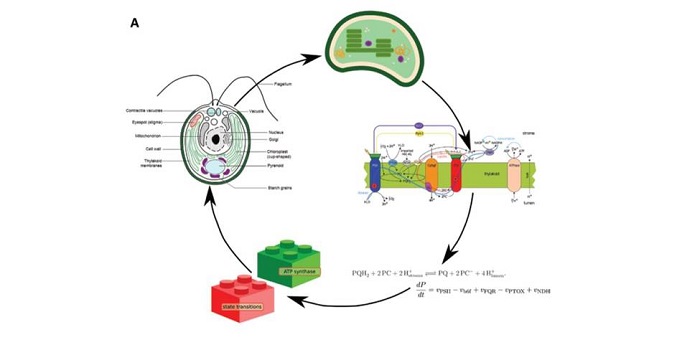
Review: Systems-wide understanding of photosynthetic acclimation in algae and higher plants ($)
Plant Science Research Weekly, ResearchDeriving energy from light is a bit like keeping your hands warm by juggling burning coals; doable but dangerous. Photosynthetic organisms constantly adjust their photosynthetic machinery to optimize energy production but avoid damage from excess light. Moejes et al. describe a large-scale project,…

Review: Enhancing genetic gain in the era of molecular breeding ($)
Plant Science Research Weekly, ResearchYield is determined by the crop’s genetic potential and the realization of that potential as affected by agronomic practices and environmental factors. Xu et al. address how yields can be improved through enhancing genetic gain, which they define as “the amount of increase in performance that is…

Review: Communication in the phytobiome ($)
Plant Science Research Weekly, ResearchAn old ad stated, “Without chemicals, life itself would be impossible,” but it’s only more recently that we’ve begun to understand the importance of semiochemicals – chemicals produced for communication. Leach et al. pull together insights from chemical ecologists, soil scientists, plant pathologists…
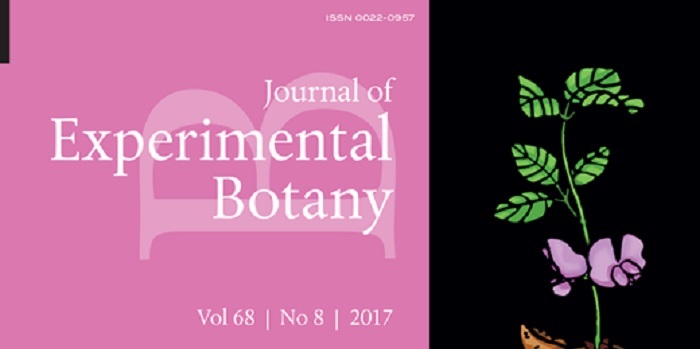
Special Issue: Legumes – From Food Security to Climate Change
Plant Science Research Weekly, ResearchThe April issue of J. Exp. Bot is a special issue on Legumes. The Editorial introduction, by Considine et al. (10.1093/jxb/erx099) observes that grain legumes “will form a cornerstone of future food and nutritional security and a global web of biodiversity.” Issue articles span topics including genomics…

Student-driven plant breeding symposium addresses global challenges in the 21st century
GPC BlogThis week we spoke to Francisco Gomez and Ammani Kyanam, graduate students in the Soil and Crop Science Department at Texas A&M University, USA. They were part of the organizing committee for the recent Texas A&M Plant Breeding Symposium, a successful meeting run entirely by students at the University.
Could…
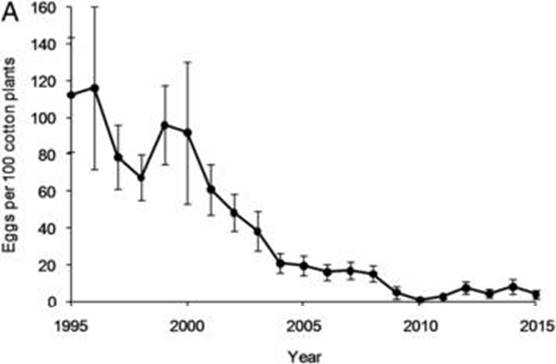
Hybridizing transgenic Bt cotton with non-Bt cotton counters resistance in pink bollworm
Plant Science Research Weekly, ResearchBiotic interactions are complex; any effort by the prey/host to defend against the predator/pathogen provides selective pressure towards overcoming those defenses. As new herbivore control methods are developed they quickly lose effectiveness as the pests evolve resistance; this is true whether the control…
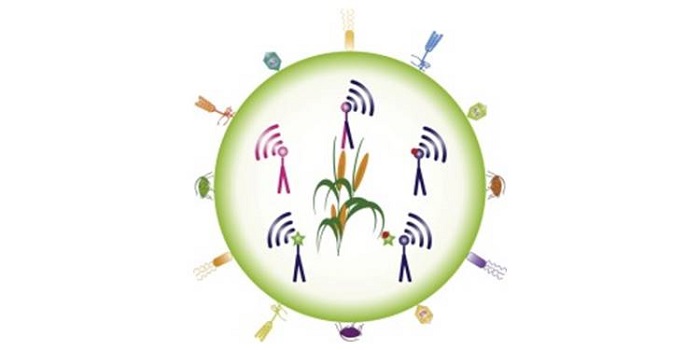
Review: Transfer and engineering of immune receptors to improve recognition capacities in crops
Plant Science Research Weekly, ResearchCell-surface localized immune receptors are one of the ways that plants detect pathogens. Traditionally, these receptors have been introgressed from resistant to susceptible varieties through classical breeding. More recently, it has become possible to use genetic engineering methods to move immune receptor…
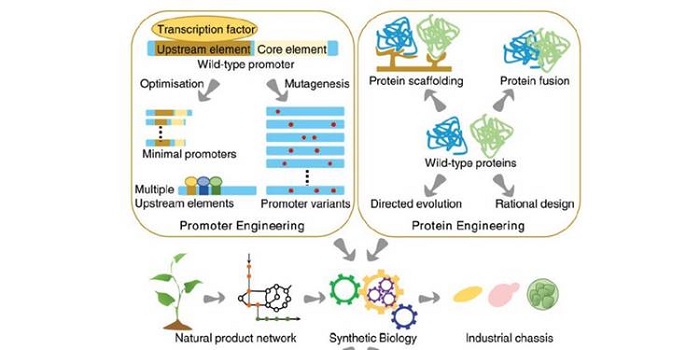
Review: Synthetic biology approaches for the production of plant metabolites in unicellular organisms ($)
Plant Science Research Weekly, ResearchThe excellent review by Moses et al. starts by defining the oft-confused terms metabolite engineering and systems biology. Although systems biology can contribute to the former, it is distinguished by the use of “defined ‘parts’ that are easily combined and exchanged, using standardized workflows…

